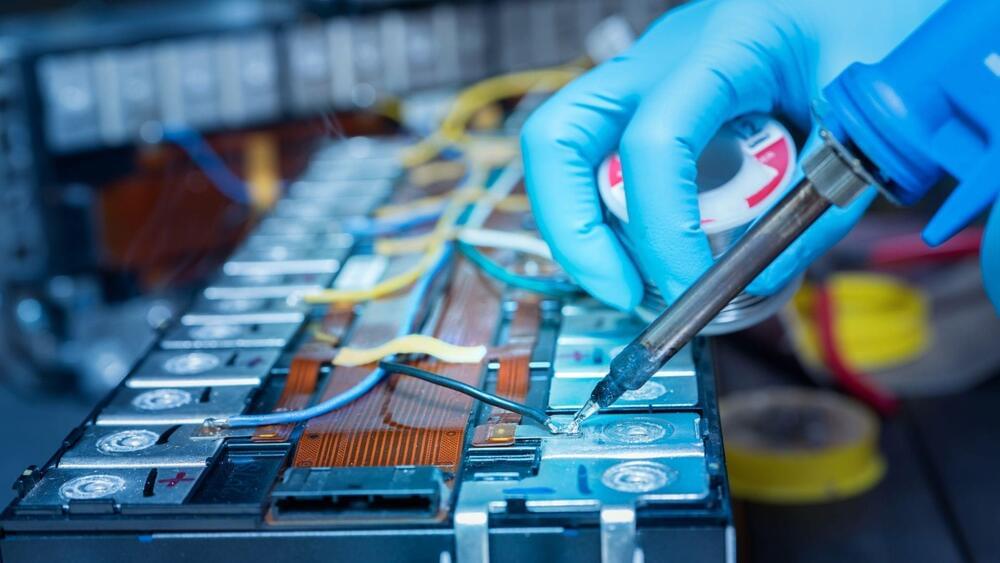Nanoscale defects and mechanical stress cause the failure of solid electrolytes.
A group of researchers has claimed to have found the cause of the recurring short-circuiting issues of lithium metal batteries with solid electrolytes. The team, which consists of members from Stanford University and SLAC National Accelerator Laboratory, aims to further the battery technology, which is lightweight, inflammable, energy-dense, and offers quick-charge capabilities. Such a long-lasting solution can help to overcome the barriers when it comes to the adoption of electric vehicles around the world.
Fahroni/iStock.
According to the team, the issue was down to mechanical stress, which was induced while recharging the batteries. “Just modest indentation, bending or twisting of the batteries can cause nanoscopic issues in the materials to open and lithium to intrude into the solid electrolyte causing it to short circuit,” explained William Chueh, senior study author and an associate professor at Stanford Doerr School of Sustainability.
